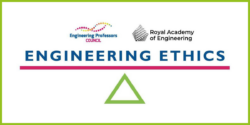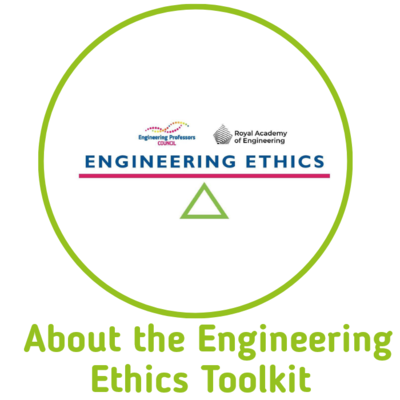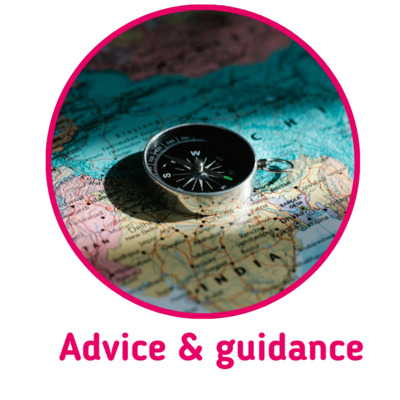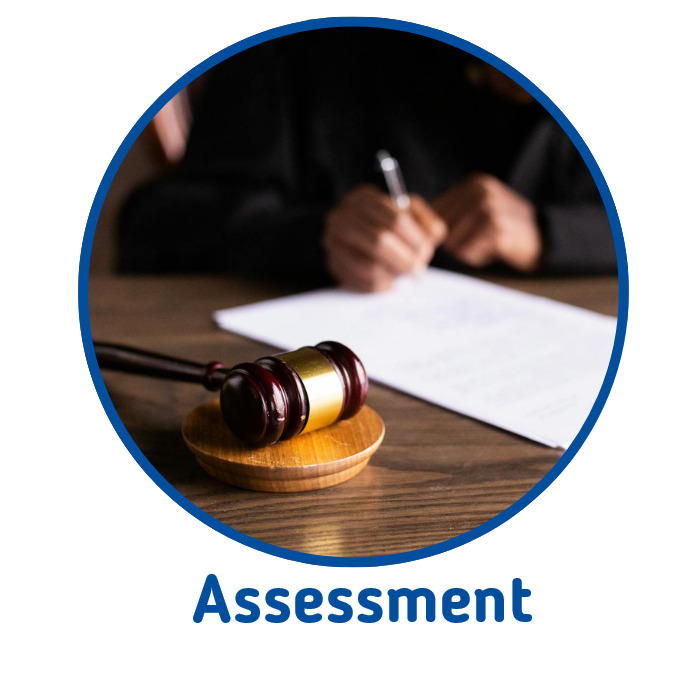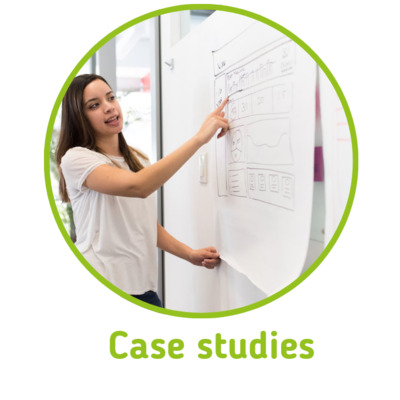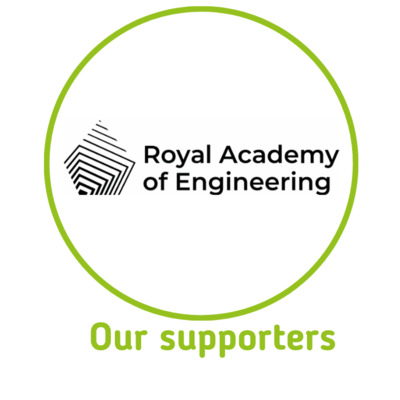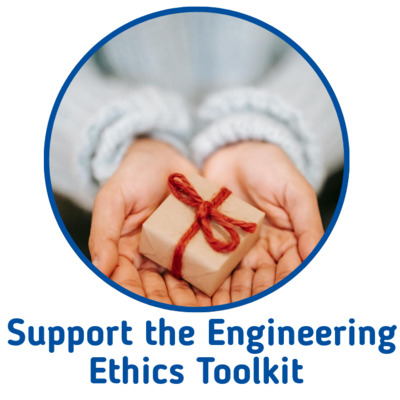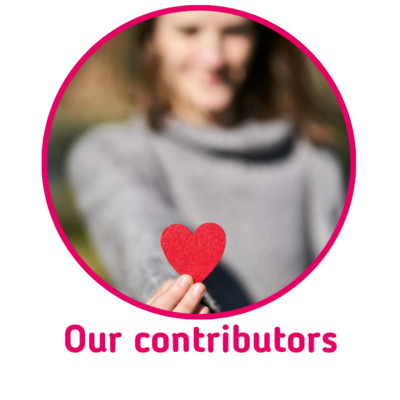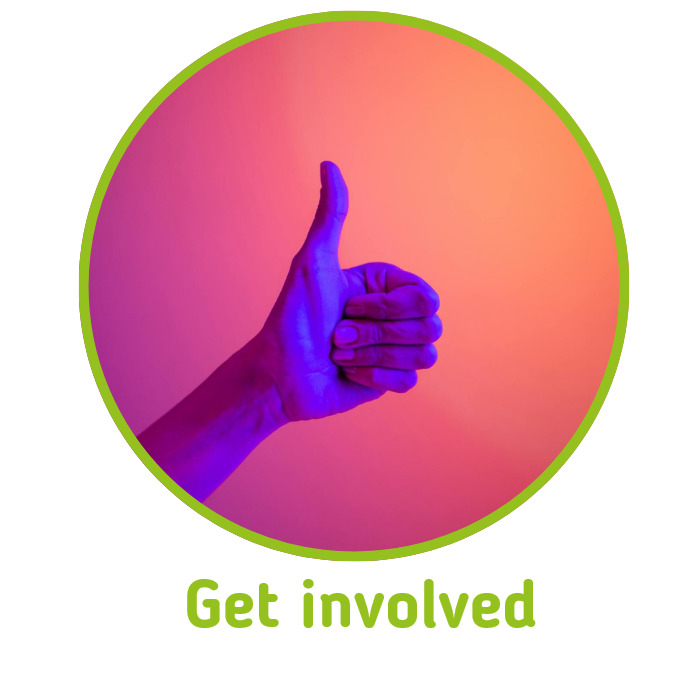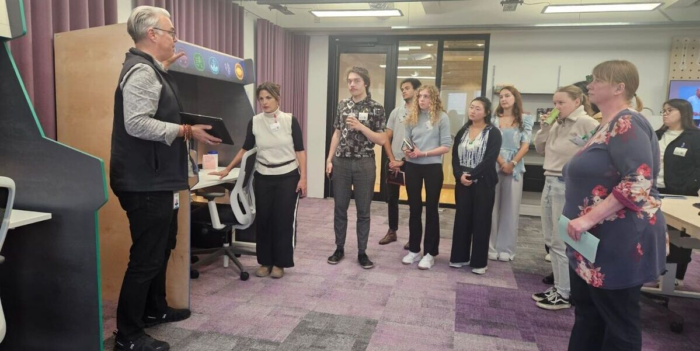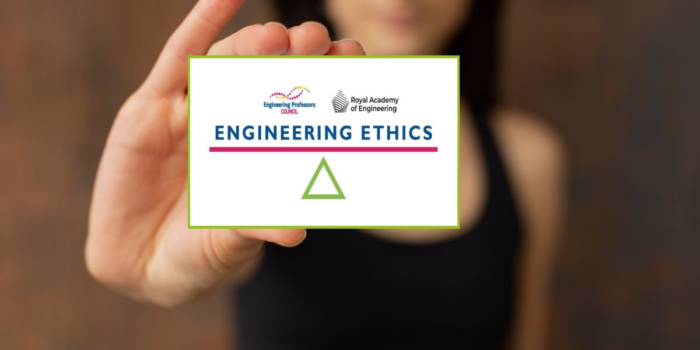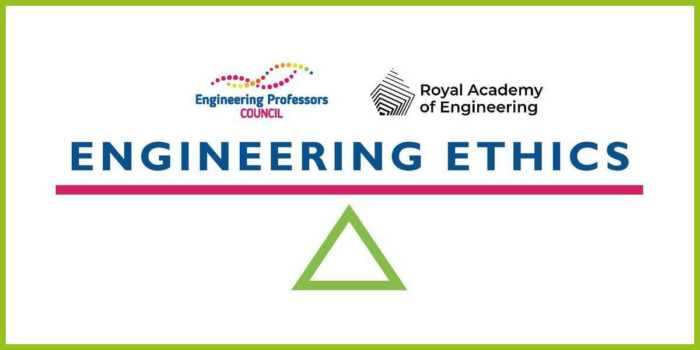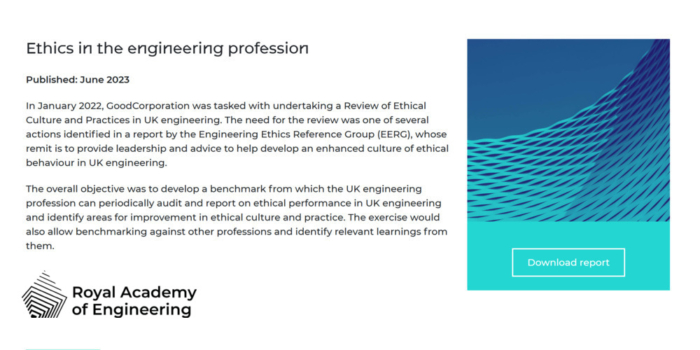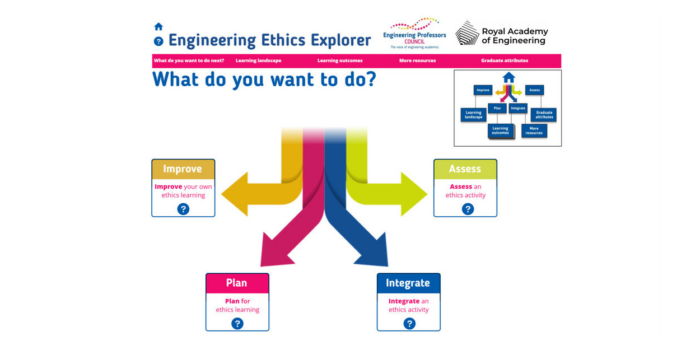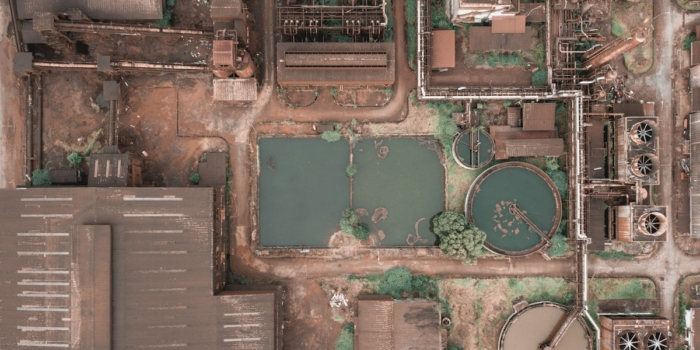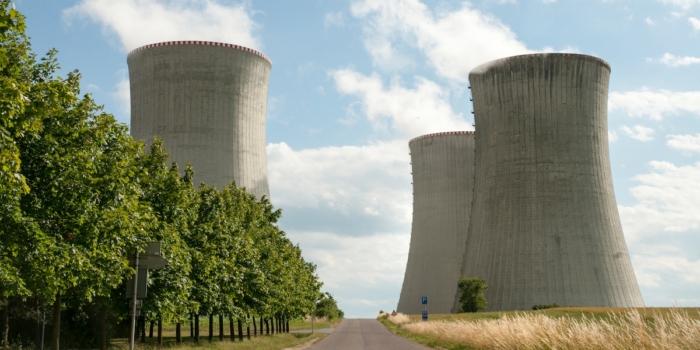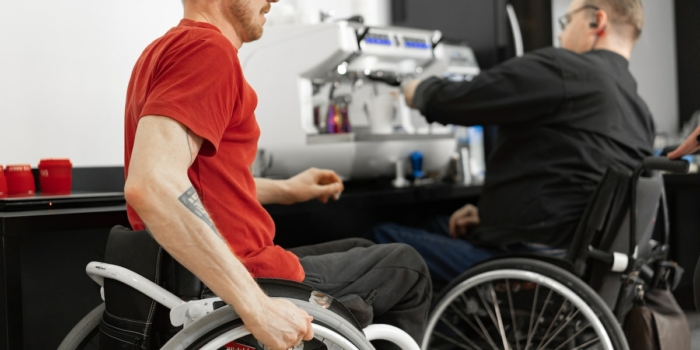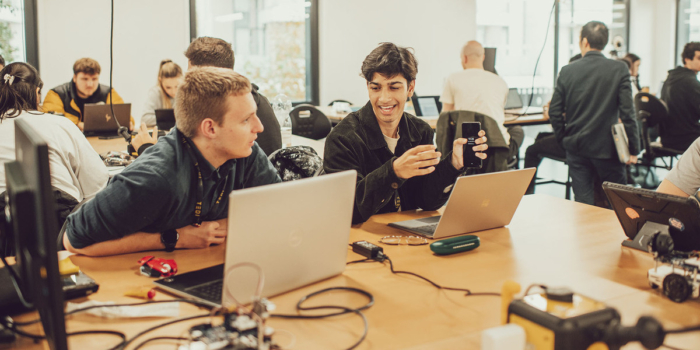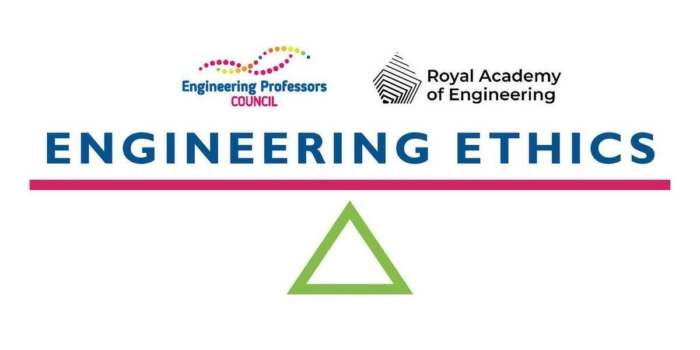Sustainability
Teaching or embedding sustainability
Accreditation of Higher Education Programmes
Higher Education
Teaching and learning
Knowledge or Guidance
Competencies or skills
Collaboration
Employability and skills
Students
Assessment criteria or methods and tools
Equity Diversity and Inclusion
Pedagogy
Curriculum or Course
Student support
Accreditation and standards
Ethics
UNESCO Integrated problem-solving competency
Communication
Blog
Interdisciplinary or multidisciplinary
Case study
Professional development
Higher Education Institutions
Job or career impact
UNESCO Systems thinking competency
UNESCO Collaboration competency
UNESCO Critical thinking competency
Climate change
Knowledge exchange or transfer
Teaching or embedding ethics
Local community
University and industry relations
Intermediate
Mechanical engineering
Social responsibility
Chemical and process and energy engineering
Apprenticeships or Work based learning
Learning Outcomes
Inclusive or Responsible design
Workplace culture
Civil engineering
Teaching resource
Early Careers
Sustainable Development Goals
Energy transition
Respect for the environment
Engineering professionals
Business or trade or industry
Leadership or management
UNESCO Self-awareness competency
Engineering design
Ethical dilemma
Enterprise and Innovation
Global responsibility
Electrical and electronic and computer engineering
Undergraduate
UNESCO Normative competency
Chemical engineering
Personal or professional reputation
Neurodiversity
Mentoring
Recruitment
STEM
UNESCO Strategic competency
Complex Systems
CVs and cover letters
Digitalisation
Energy engineering
News or events
UNESCO Anticipatory competency
Beginner
Water and sanitation
Electrical engineering
Information Technology and systems sciences and computer software engineering
Artificial intelligence
Recycling or Recycled materials
Environmental engineering
Gender
Recruitment and admissions
Future generations
Corporate Social Responsibility
Circular economy
Cultural competency
Technical integration
Problem solving
Information and Digital literacy
Access and participation
Stakeholders
Production and manufacturing engineering
Risk
Societal impact
Manufacturing engineering
Biodiversity and Conservation
Economic Growth
Interviews
Computer science
Professional conduct
Construction
Decarbonisation
Writing skills
Placement
Ethical awareness
Computing
Project-based learning
Funding Higher Education
Widening participation
Problem-based learning
Digital engineering tools
Research
Accessibility
Built environment
Law or Policy
Software engineering
Materials engineering
Bloom’s Taxonomy
Mineral and metallurgy and materials engineering
Advanced
Electronic engineering
Aeronautical and aerospace engineering
Role-play
Disability
Public health and safety
Everyday ethics
Data engineering
Health
Networking
Life cycle
Academics
Mechatronics or Robotics
INCOSE
Advocacy
Conflicts with leadership
Information systems
Active learning
Project brief
Natural resource management
Deaf awareness
Bias
Data and statistics
Personal values
Quality Assurance
Water quality control
Systems engineering
UK Standard for Professional Engineering Competence and Commitment
Healthcare
Funding or investment
Case enhancement
Conflicts of interest
Technology
Biochemical engineering
Feedback loops
Honesty and transparency
Regulation
Legal implications
Electrical power
Justice
Ethical motivation
Statement of Ethical Principles - RAEng and Engineering Council
Royal Academy of Engineering
Virtual Learning Environment
Carbon capture and storage
Energy production
Schools
Environmental impact
Ecosystem
Public good
LGBTQ+
Aerospace engineering
Environmental impact assessment
Regional development
Accuracy and rigour
Privacy
Ethical analysis
Report or study
Quality Assurance Agency for Higher Education
Engineering Deaf Awareness Project
Integrity
Decision-making
Informed consent
Data security
Systems change
Engineering Council
Internationalisation
Battery technologies
Nigeria
Aeronautical engineering
Infrastructure
Debate
Macroethics
Global reach
General and non-specific or other engineering
Best practice
Financial burdens or limitations
Sweden
Plastic waste or pollution
Rural development
Mathematical problems
Ethical judgement
Small and Medium Enterprises
Intellectual property
Urban planning
Ethical reasoning
Waste management
Systems Thinking
Whistleblowing
Microethics
Practice Maturity Model
Curriculum map
Professional codes of conduct
Workshop
Timber
Transport engineering
Timber engineering
Misuse of data
Accountability
Advance HE
Respect for the law
Falsifying or misconstruing data or finances
Electric vehicles
Makerspaces
Research and development
Ethical sensitivity
Bribery
Misinformation or disinformation
Scotland
Social mobility
Northern Ireland
General Data Protection Regulation
Wales
Heuristics
Captions or subtitles
Microsoft Office
Project management
Engineering for One Planet
Bioengineering and medical and biomedical engineering
Smart technologies
Client brief
India
Pollution
Dignity
Materials sourcing
Supply chain
Space technology
Facial recognition
Postgraduate
Fossil fuels
Interdependence
Computer systems engineering
Ethical knowledge
Protest
Tether diagram
Autonomy
Respect for life
West Midlands
Mathematics
Environmental social and corporate governance
Ethical theories
South Africa
Racial profiling
Heritage buildings
Modelling or Model-based design
Smart meters
Student project
Human Rights
Biomedical engineering
Food production
Interaction
Railway engineering
Engineers Without Borders
Glass
West of England
Engineering Business
Job creation
Chaos
Emergence
Deming
Engineering practice
Modern slavery
Uncertainty
Boundary
Glossary
VUCA
Data and source reliability
Real world
Capstone project
Assumptions
Organisational systems
Systems integration
National Engineering Policy Centre
Ambiguity
Automation
Optimisation
Trade offs
Wicked problems
Complexity framework or spectrum
Tame problems
Architecture
Coupling
Trigger warnings
Research and Technology Organisations
Aid
Heat pumps
Metallurgy
Automotive engineering
Privilege
Maintenance
Ghana
Virtual Reality
North West
North East
Ireland
Power Electronics Machines and Drives
Professional Engineering Institutions
Accreditation Board for Engineering and Technology
Solar energy
Older people
Structural engineering
Geoengineering
Architectural engineering
Wind power
Quality management
Microplastics
Key Performance Indicators
Discovery or invention
Yorkshire and the Humber
Sports
Auxetics
New Educational Model
Control systems
Building Information Modelling
Guest lecturer
Fuel poverty
Bioengineering
Biomaterials
Active verbs
Nuclear
Thermodynamics
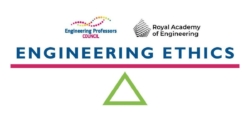 Use this form to submit a case study to the EPC’s Engineering Ethics Toolkit.
Use this form to submit a case study to the EPC’s Engineering Ethics Toolkit.